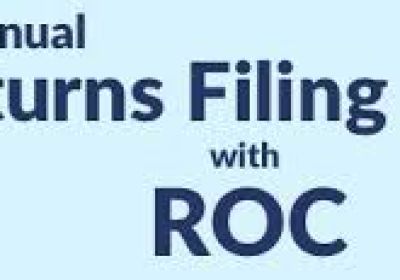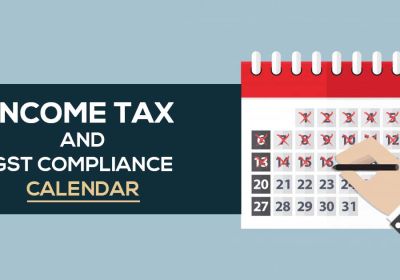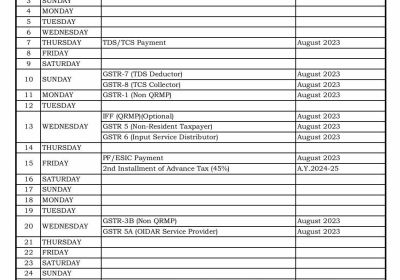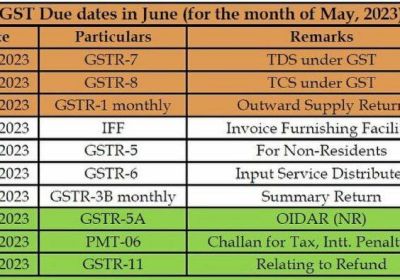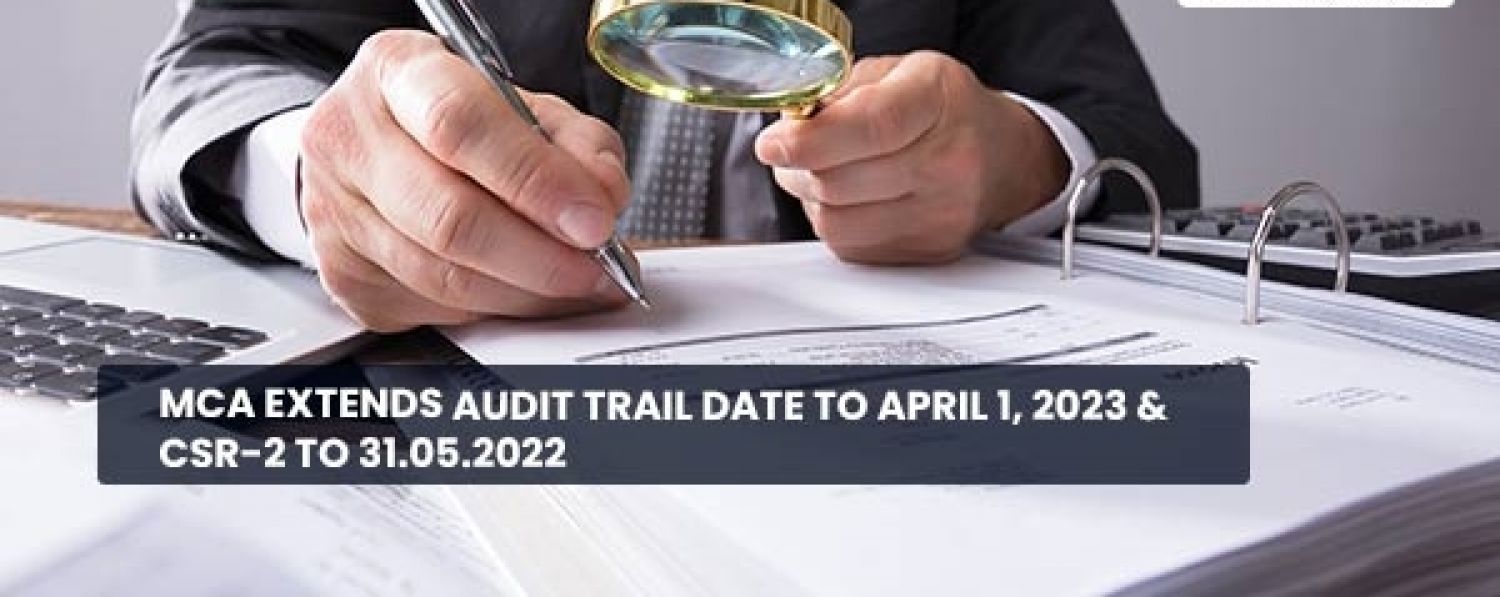
- The requirement for a compulsory audit trail in company accounting software has been postponed to the financial year commencing April 1, 2023.
- The requirement for a mandatory audit trail in corporate accounting system has been postponed until the fiscal year that begins on or after April 1, 2023. MCA Notifications should be read.
- The implementation of a mandatory audit trail in accounting software has been delayed. The necessity of a mandatory audit trail in company accounting software was postponed by the MCA in a notification dated March 31, 2022.
-
An audit trail is a sequential, step-by-step record that proves the documented history of financial transactions back to their source. With the use of the audit trail, an auditor can track the financial data of a specific transaction from the general ledger to its source document.
-
An audit trail encourages users to be more accountable and compliant, protects against fraud, enhances security, and, most importantly, ensures that the correct information reaches the public domain.
-
The basic goal of requiring an audit trail feature in accounting software was to reduce the risk of fraudulent transactions or manipulation in the company's books of accounts while also increasing transparency.



